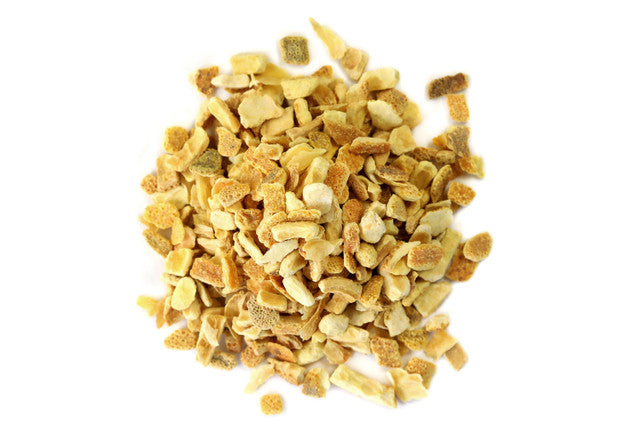
Healing Herbals
Orange Peel
Orange Peel
Couldn't load pickup availability
Dried Orange Peels | Healing Herbals
Dried Orange Peels from Healing Herbals with the bright zest and fragrance of fresh oranges. Carefully dried to preserve their own flavor, peels are a convenient kitchen ingredient or for use in making your own recipes at home.
Highlights
- Vibrant citrus flavor and scent
- Perfect for teas, spice blends, and baked goods
- Naturally dried to prevent moisture loss
- Easy to incorporate in sweet and savory dishes
Add a citrusy flavor to your meals with the Dried Orange Peels from Healing Herbals. Steep them in a comforting tea, mix them into baked products, or use them to season a savory meal the peels offer an easy and convenient way to add vibrant zest to your table.
FDA Disclaimer
The statements have not been approved by the Food and Drug Administration. This product is not designed to diagnose, treat, cure, or prevent disease.
Share


Here at Healing Herbals Store
We carefully select suppliers who share our commitment to environmental stewardship and minimize waste through eco-conscious or reused packaging whenever possible. We prioritize supporting fair labor practices and are currently investing in regenerative farming methods, so every product reflects our dedication to both quality and the health of our planet. Shop now!

